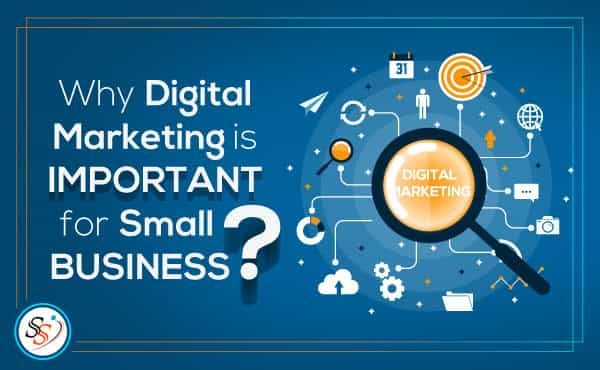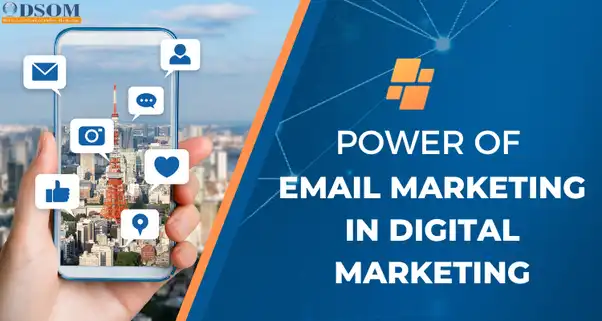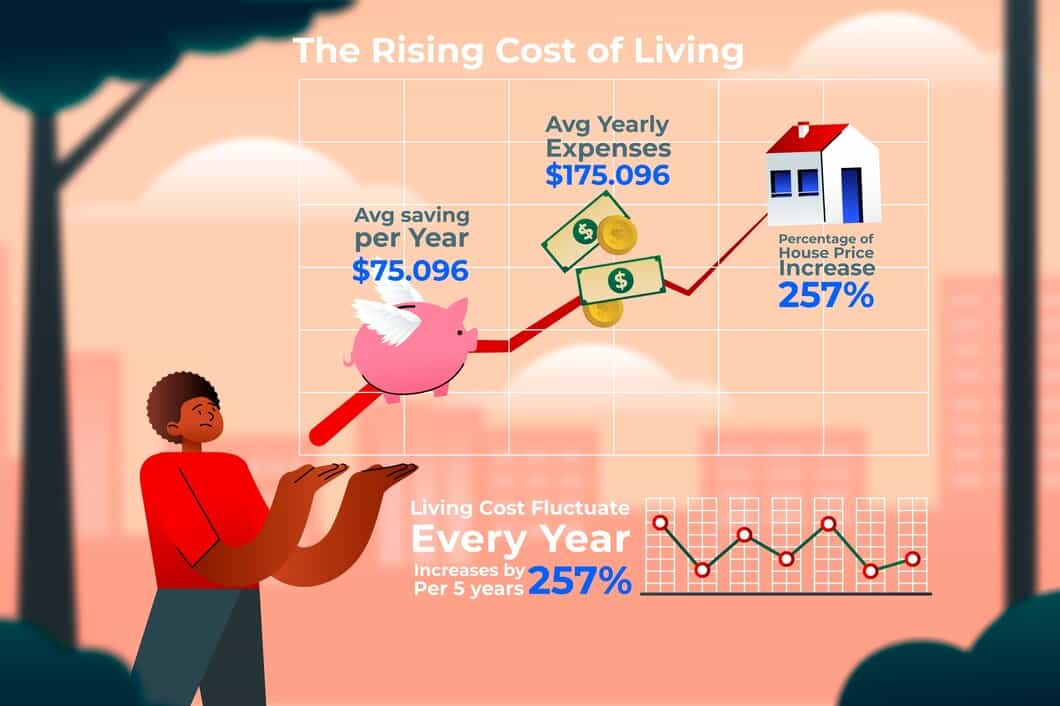The Ultimate Guide to Enterprise Resource Planning Solutions: Supercharge Your Business!
Mia Anderson

Photo: The Ultimate Guide to Enterprise Resource Planning Solutions: Supercharge Your Business!
In the complex landscape of modern business, Enterprise Resource Planning (ERP) solutions have emerged as a powerful tool, offering organizations a chance to streamline their operations and gain a competitive edge. ERP is more than just software or a set of tools; it's a strategic approach that unifies and transforms key business processes, from inventory management to data analysis.
This comprehensive guide aims to demystify ERP, highlighting its immense value to businesses of all sizes and industries. By the end, you should have a clear understanding of how ERP solutions can supercharge your operations and drive success. So, let's dive into the world of ERP and explore why it's becoming an indispensable asset for forward-thinking enterprises.
Understanding the Power of ERP
Imagine running a large retail business with multiple outlets across the country. Before ERP, managing inventory, sales, and supply chain logistics would have been an immensely challenging task, prone to errors and inefficiencies. With ERP solutions, however, you gain a centralized, real-time overview of your entire operation.
ERP integrates various business units, such as accounting, human resources, sales, and inventory management, into one cohesive system. This integration ensures that data is shared seamlessly across departments, eliminating the need for siloed, disjointed systems that can lead to duplication of efforts and inaccurate information.
For example, let's say your marketing team has just launched a successful campaign, resulting in a surge of online orders. With ERP, your sales, inventory, and logistics teams are immediately aware of the increased demand. They can quickly adjust inventory levels, manage supply chain bottlenecks, and ensure prompt order fulfillment, ultimately improving customer satisfaction. This level of coordination and responsiveness is transformative for businesses, enabling them to adapt swiftly to market changes and stay ahead of the competition.
Unlocking Key Benefits of ERP
Improved Data Management and Analytics
At its core, ERP revolves around data centralization and standardization. By unifying data from various sources, ERP solutions provide a single source of truth for your organization. This means no more conflicting spreadsheets, inconsistent reporting, or time-consuming data consolidation.
With clean, consistent data, businesses can leverage analytics to uncover valuable insights. ERP solutions often come with built-in analytics tools or can be easily integrated with business intelligence platforms. This enables data-driven decision-making, helping businesses identify trends, optimize pricing, forecast demand, and ultimately improve their bottom line.
For instance, by analyzing sales and customer data through your ERP system, you might discover that a particular product is consistently outperforming others in a specific region. This insight could prompt you to adjust your marketing strategy, allocate more inventory to that region, or explore new opportunities to expand your market share.
Streamlined Inventory Management
Effective inventory management is crucial for any business dealing with physical goods. ERP solutions offer real-time visibility into stock levels, order status, and supply chain movements, helping businesses avoid stockouts, minimize excess inventory, and reduce carrying costs.
By automating inventory tracking, ERP ensures that your data is always up to date, reducing the need for manual counts and minimizing errors. This improved accuracy can have a significant impact on customer satisfaction, as it ensures that orders can be fulfilled promptly and accurately.
Consider a small business owner who implemented an ERP system to manage her growing online store. With ERP, she can easily track inventory across multiple sales channels, instantly update stock levels after each sale, and receive automatic notifications when it's time to reorder. This not only saves her time and reduces administrative burdens but also enhances the customer experience by ensuring products are always in stock and deliveries are timely.
Enhanced Operational Efficiency
ERP solutions are designed to streamline and automate various business processes, reducing manual interventions and eliminating redundant tasks. By standardizing and automating workflows, businesses can save time, reduce costs, and free up resources for more strategic initiatives.
For instance, ERP can automate the generation and distribution of invoices, purchase orders, and financial reports, reducing the time and effort required for these tasks. Additionally, by integrating accounting and financial data, ERP solutions provide real-time visibility into cash flow, enabling better financial management and faster decision-making.
Another aspect of operational efficiency is improved collaboration and communication between teams. With everyone working from the same platform, information sharing becomes seamless, reducing misunderstandings and delays caused by fragmented systems.
Scalability and Growth
ERP solutions offer the flexibility and scalability needed for businesses to grow and adapt to changing market demands. Whether you're expanding into new markets, diversifying your product offerings, or merging with another company, ERP can provide the necessary infrastructure to support these transitions.
For example, if your business acquires a new subsidiary, integrating their operations into your existing ERP system can be a seamless process. This enables you to quickly align processes, standardize data, and gain a holistic view of your expanded organization, making it easier to identify synergies and optimize the overall business.
Additionally, cloud-based ERP solutions are increasingly popular due to their scalability and accessibility. They allow businesses to pay for only the resources they need, scaling up or down as required without the burden of managing on-premise hardware.
Implementing ERP: Key Considerations
Successfully implementing an ERP solution requires careful planning and consideration of several factors:
Define Your Objectives
Start by clearly defining your goals and objectives for adopting ERP. Are you seeking to improve data accuracy, streamline inventory management, enhance reporting capabilities, or all of the above? Understanding your specific needs will help you choose the right ERP solution and ensure a successful implementation.
Assess Current Systems
Conduct a thorough assessment of your current systems, processes, and data. Identify pain points, inefficiencies, and areas where integration and automation can bring the most value. This analysis will help you measure the success of your ERP implementation and ensure that the new system addresses your unique challenges.
Choose the Right Solution
The ERP market offers a wide array of solutions, from comprehensive suites to industry-specific platforms. Consider your specific industry, business size, and unique requirements when evaluating ERP software. Involve key stakeholders and end-users in the selection process to ensure the chosen solution aligns with their needs and expectations.
Data Migration and Integration
One of the critical aspects of ERP implementation is data migration. Ensure that data from your legacy systems is accurately transferred and integrated into the new ERP platform. This process should be carefully planned and executed to maintain data integrity and security.
Change Management
ERP implementation involves organizational change, and managing this transition effectively is essential for success. Provide adequate training and support to employees, helping them understand the benefits of ERP and how it will impact their daily tasks. Encourage a culture of continuous improvement, where employees are open to learning and adapting to new ways of working.
Security and Compliance
With ERP handling sensitive business data, it's crucial to prioritize security and compliance. Choose an ERP solution that offers robust security features, data encryption, and access controls. Ensure that the solution complies with relevant data privacy regulations, such as GDPR or industry-specific standards.
Continuous Improvement with ERP
Adopting ERP is not a one-time transformation but a continuous journey of improvement. Even after a successful implementation, there are ongoing opportunities to optimize your ERP system and leverage its full potential:
Regular Reviews and Updates
Schedule regular reviews of your ERP system to ensure it remains aligned with your business needs. Stay updated with the latest features and enhancements offered by your ERP provider, and assess whether these updates can bring further benefits to your organization.
Feedback Loop
Encourage feedback from end-users to identify areas where the ERP system can be improved or customized to better meet their needs. This feedback loop ensures that your ERP solution remains relevant and user-friendly, increasing user adoption and satisfaction.
Leverage Advanced Features
As your business evolves, explore the advanced features and functionalities of your ERP solution. For example, you might initially focus on inventory management and later expand your use of the platform to include customer relationship management (CRM) or business intelligence capabilities.
Integration with Emerging Technologies
Stay open to integrating your ERP system with emerging technologies, such as artificial intelligence (AI), machine learning, or the Internet of Things (IoT). These technologies can further enhance the capabilities of your ERP, providing predictive analytics, automated decision-making, or real-time supply chain visibility.
Best Practices and Recommendations
To ensure a successful ERP implementation and maximize its benefits:
- Start with a clear business case and define measurable outcomes.
- Involve stakeholders from across the organization, including end-users, to gather diverse perspectives.
- Choose an ERP solution that is scalable, flexible, and capable of growing with your business.
- Ensure data quality and governance are priorities during the implementation process.
- Provide comprehensive training and support to employees, offering a clear understanding of the ERP system's benefits and how it will impact their work.
- Regularly seek feedback and act on it to improve user adoption and satisfaction.
- Leverage the expertise of ERP consultants or partners who can guide you through the selection and implementation process.
- Stay agile and adaptable, embracing the continuous improvement mindset that ERP embodies.
Conclusion
Enterprise Resource Planning Solutions offer a transformative opportunity for businesses to streamline operations, gain valuable insights, and adapt to market changes. By integrating and automating key business processes, organizations can achieve new levels of efficiency, responsiveness, and growth.
This guide has provided an in-depth look at the value of ERP, from improved data management and analytics to streamlined inventory control and enhanced operational efficiency. With the right approach to implementation and a commitment to continuous improvement.
Marketing
View All
January 21, 2025
Why Digital Marketing is Vital for SMBsDiscover why small businesses must adopt digital marketing in 2024. Learn tips and tactics to compete in the digital age. Take your business online today!
Mia Anderson

January 23, 2025
10 Content Strategies for Digital SuccessCreate winning content with these 10 proven digital marketing strategies. Enhance engagement and conversions starting today!
Mia Anderson

January 25, 2025
Email Marketing in the Digital AgeUnlock the power of email marketing with modern strategies tailored for the digital age. Connect with your audience like never before!
Mia Anderson
Entertainment
View AllDiscover the hottest entertainment news and updates! Stay ahead with the latest trends and exclusive stories. Click now for breaking news.
Mia Anderson
Discover the latest exclusive movie releases that everyone’s talking about. Don’t miss out click to stay ahead of the curve!
Mia Anderson
Discover the latest tips for creating a top fan website in 2024. Learn key strategies and boost your site’s success click to read the complete guide now!
Mia Anderson
Discover the latest tips for creating a top-notch home theater in 2024. Learn expert advice on setup, gear, and design. Start your home theater journey today!
Mia Anderson
Automotive
View AllForecast the EV market of 2030. Learn about expected growth rates, market penetration, and the rise of EV ownership globally.
Read MoreNeed cash fast? Discover how to sell your car for cash with quick and reliable methods!
Read MoreLearn the key factors influencing EV adoption, from cost and range to charging infrastructure and environmental concerns.
Read MorePolular🔥
View All
1
2
3
4
5
6
7
8
9
10
Technology
View All
August 28, 2024
Harnessing Machine Learning Algorithms to Transform Your Insights
Discover the top machine learning algorithms driving innovation today. Learn how they can enhance your data analysis. Click to explore and revolutionize your insights!

August 29, 2024
Discover How Digital Transformation Services Can Revolutionize Your Business
Discover how digital transformation services can revolutionize your business. Explore top solutions to drive growth and efficiency. Read more now!

December 20, 2024
Don’t Buy That Smartphone Until You Read This 2024 Comparison
Make an informed smartphone purchase! Our 2024 comparison guide helps you find the perfect match. Click to learn more.
Tips & Trick






















